Vermicompost planting bed
bashazaborski
11 years ago
Related Stories

GARDENING GUIDESHouzz TV: Make a Worm Bin for Rich Soil and Happy Plants
A worm-powered compost bin that can fit under a sink turns food scraps into a powerful amendment for your garden. Here’s how to make one
Full Story
GARDENING GUIDESBright Plants for Flower Beds That Wow
From new annual and perennial varieties to grasses, get dramatic with swaths of color
Full Story
FARM YOUR YARDHow to Build a Raised Bed for Your Veggies and Plants
Whether you’re farming your parking strip or beautifying your backyard, a planting box you make yourself can come in mighty handy
Full Story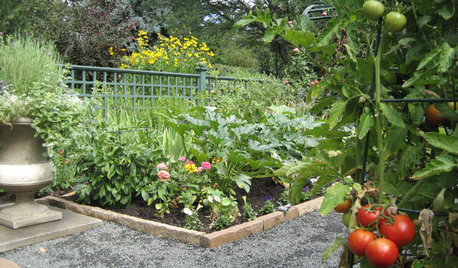
SPRING GARDENINGInspiring Raised Beds for Fall and Spring Planting
Make Your Next Vegetable Garden Even Better with Beautiful Boxes and Paths
Full Story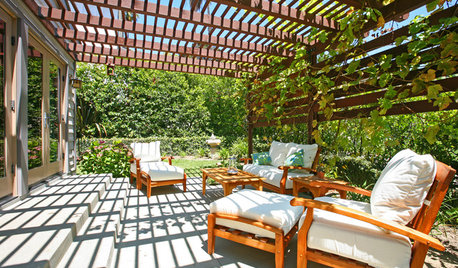
LANDSCAPE DESIGNThe Abundant Garden Makes Room for Plants
Gardens focused on plants provide joy and solace with their billowing layered beds, overflowing containers and walls of green
Full Story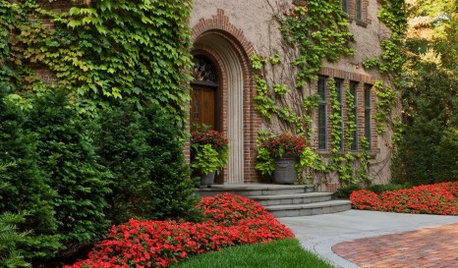
LANDSCAPE DESIGN5 Ways to Plant a Big Kiss of Red on Your Landscape
Ignite passion in your garden beds and container plantings with flowers and foliage in this dynamic color
Full Story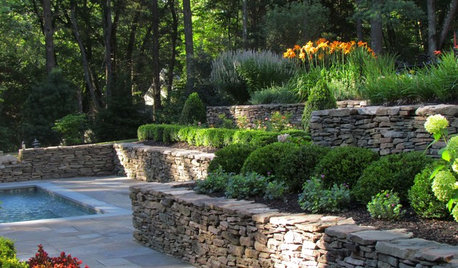
GARDENING AND LANDSCAPINGStep Up Your Garden Game With Terraced Plantings
We're going to level with you: Slopes in the landscape can be tricky. Use these ideas to create balance and harmony in your terraced beds
Full Story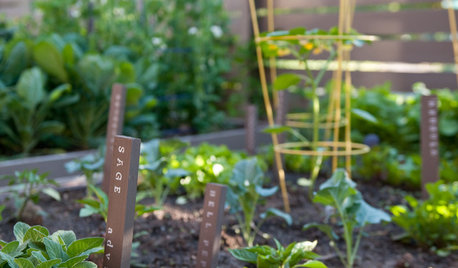
EDIBLE GARDENSKeep Track of Your Vegetable Garden With Plant Markers
Bring order to your edible beds with these labeling ideas
Full Story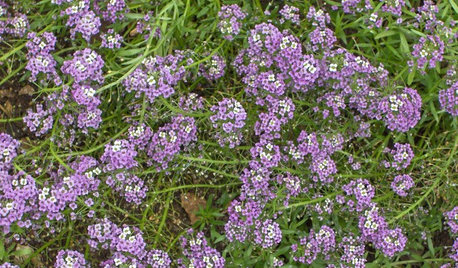
GARDENING GUIDESGreat Design Plant: Sweet Alyssum
This dependable winter bloomer makes a colorful companion in beds, baskets, even rock gardens
Full Story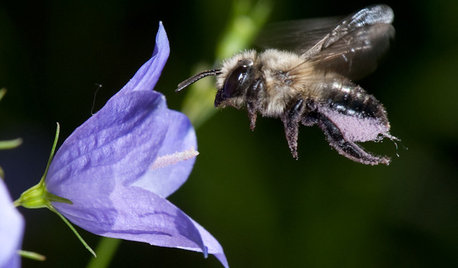
NATIVE PLANTSGreat Design Plant: Color Outside the Lines With Bluebell Bellflower
Plant this Campanula on pathway and patio edges for shots of bright blue from May through September
Full StorySponsored
Columbus Area's Luxury Design Build Firm | 17x Best of Houzz Winner!
More Discussions






equinoxequinox
compostgal
Related Professionals
Tempe Landscape Architects & Landscape Designers · Wakefield Landscape Contractors · Concord Landscape Contractors · Concord Landscape Contractors · Hannibal Landscape Contractors · North Lauderdale Landscape Contractors · Paterson Landscape Contractors · Tamarac Landscape Contractors · Wilton Landscape Contractors · Northlake Landscape Contractors · Ashburn General Contractors · Kilgore General Contractors · Lakeside General Contractors · Midlothian General Contractors · West Whittier-Los Nietos General Contractorsmr_yan
bashazaborskiOriginal Author
mendopete